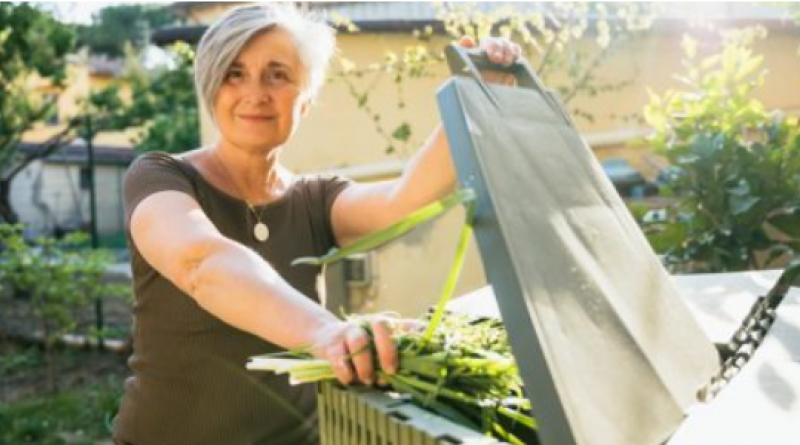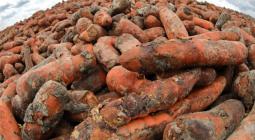7 Unexpected Things You Can Compost.

Composting is the best way to get rid of your kitchen scraps without sending them to the landfill. And if you’ve been composting for a while, you may have already started experimenting with composting other items you don’t usually see in a list of materials you can compost. If you’re new to composting, you may be surprised by some of the items we suggest in this list things to compost.
While there are plenty of rules for successful composting, every rule does not apply to every compost bin. Compost acts differently in different climates and in different structures, such as in a bin in contact with the ground versus a rolling bin versus a true pile that animals feed on, as well. Your compost may not get as hot or as much air as your neighbor’s bin.
So, we suggest you experiment with the unexpected items in this list to see if they decompose in your compost pile before adding great quantities of them.
1. Price Tags on Clothing
As long as the tag on your new clothes is paper, paperboard, or cardstock with no plasticization, feel free to send your tags to the compost. These tiny papers are too small to be recycled curbside. In a compost pile, they will act just like shredded paper (see below) and are a nice, brown (carbon-based) addition.
2. Tea, Paper Wrappers, Tag, & Probably the Bag
Teabags have a lot of different little pieces and parts. Tea itself is very compostable as are paper wrappers that don’t have any sort of lining. There are some inconsistencies around the compostable-ness of the bag itself, staples, and the string connecting the tea bag to the paper tag. If your tea bag is made of cloth (cotton) or filter paper, you’re good to go (and compost).
However, if the bag is nylon, it’s unlikely to break down. The same goes for your teabag string. Do your research to find out what your specific teabag and string are made of. Most teabags I use do not have a staple to hold the string to the tag; they are just heat-sealed or sewn on. However, if your bags have that staple, you’ll need to experiment. Mine seem to rust away in my compost pile.
3. Bamboo Skewers, Wooden Chopsticks, Toothpicks, & Matchsticks
These small, disposable, single-use wooden kitchen tools can all be composted. Do break chopsticks in half to lower their surface area and I break off the match head as I never trust that phosphorous sulfide will break down or is a good addition to soil.
4. Tissue Paper
I’ve talked with my education specialist at my county’s solid waste district about tissue paper recently and was really disappointed to hear that it should not be sent to our local recycling material recovery facility. She says that it’s a very low-quality paper whose fibers can’t be reused again. She did suggest that I try to add only white tissue paper (without sparkles or glitter) to my compost bin and see what happens. In my bin, tissue paper has disappeared!
5. Kitchen Single-Use Paper Products
You’re not going to find many articles on Earth911 encouraging you to use single-use paper products but if you’re in a pinch, they can be composted. Paper napkins and paper towels, when unfolded and ripped up a bit, will easily compost. The same goes for uncoated paper plates and cups. Do make sure that your plates and cups have no coating whatsoever and are also ripped up.
6. Spent Potting Soil
If you are changing the soil in your houseplants or outdoor flowerpots, add the soil to your compost bin to add nutrients back to it.
7. Shredded Paper
Shredded paper probably does not belong in your curbside bin as it can tangle up in the machinery at your local material recovery facility. Many communities have shred days where they specifically collect shredded paper for recycling but I never want to wait that long.
Shredded paper can also be recycled in charity recycling dumpsters but I’ve personally seen shredded paper blowing around outside the bins, becoming litter. Instead of recycling shredded paper, I compost it. Talk about secure disposal!
If you’re just getting started with composting, check out our composting cheat sheet for the basics.
(This article was originally published on October 16, 2020)
26 February 2021
Earth911



